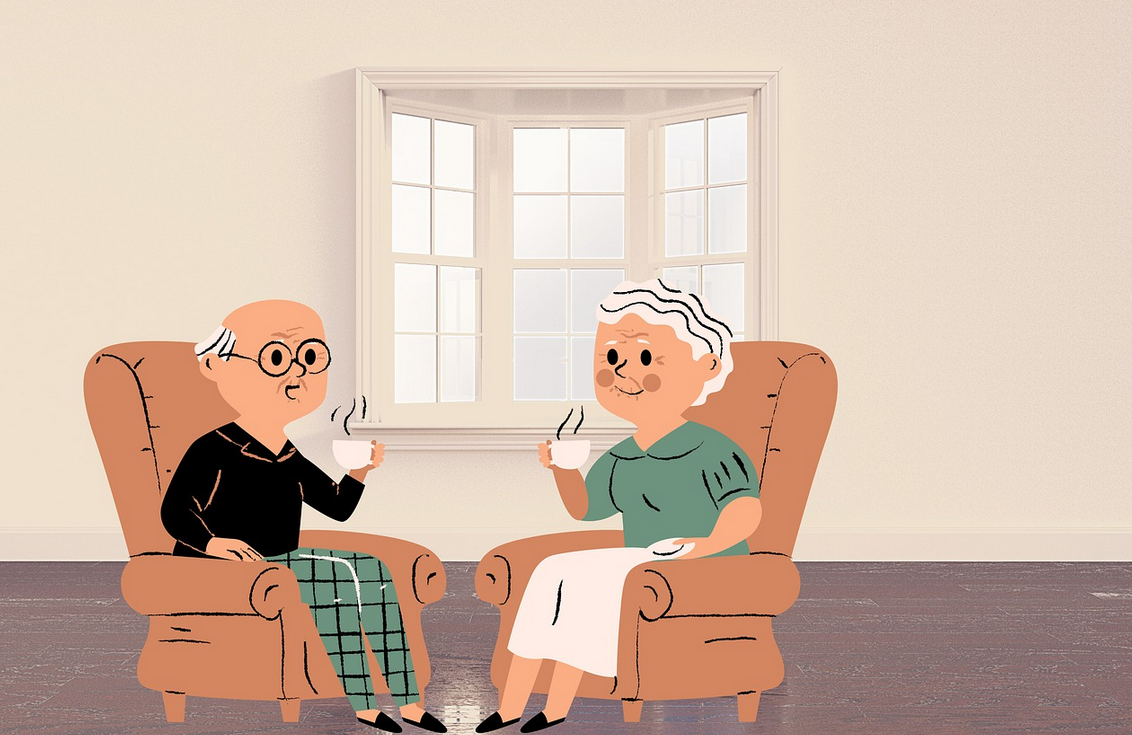If you’re 62 years old or older and have equity in your home, you may be eligible for a reverse mortgage. These loans are a great way to provide supplemental income to your retirement without having a monthly loan payment to your lender. However, some people are wary of reverse mortgages, and rightfully so – every financial decision should be treated with caution and considered from every angle. Let’s take a look at some of the top concerns regarding reverse mortgages, and whether or not these fears are valid.
Fear #1: You Will Leave Less of an Asset to your Heirs
Some people don’t want to get a reverse mortgage (or may feel pressure to not get a reverse mortgage) because they’re worried about leaving less of an asset to their heirs. While it’s true that a reverse mortgage uses the equity in your home, your heirs can still inherit any remaining equity after the reverse mortgage is paid off. They can even inherit the home itself through the loan pay-off process. Ultimately, your wealth and your equity are yours to use as you wish, and that involves using them to have a comfortable retirement.
Fear #2: You Will Have to Leave your Home
Because reverse mortgages place a lien on a house, some people worry that they’ll be forced to leave their home. However, this is a myth! As long as you comply with the loan terms, you will remain the homeowner and be able to live in the home for as long as you’d like. Some important terms that you will have to comply with include paying property taxes and insurance, keeping the house well-maintained, and continuing to use the home as your main residence. The reverse mortgage loan won’t become due unless these terms are broken, or until the last borrower permanently leaves the home.
Fear #3: You Will End Up Owing More than What your House is Worth
What happens if you get a reverse mortgage loan, then real estate prices drop suddenly? This hypothetical scenario causes some people to worry that with a reverse mortgage, they may end up owing more than what their house is worth. However, as long as your Reverse Mortgage has FHA insurance, you will never owe more than what your home is worth. FHA insurance protects you and your heirs from owing anything more than the value of your home on a reverse mortgage loan, making this fear obsolete.
Fear #4: You can’t Afford a Reverse Mortgage
Perhaps you’re worried about the affordability of reverse mortgages. However, you won’t have to make any payments to your lender until the last borrower dies or leaves the home (although you will be allowed to make payments with no penalty if you wish!). Any closing costs or origination fees are often covered by reverse mortgage funds. The loan is typically paid back either through a loan pay-off process or the sale of the house, with heirs inheriting any remaining equity. With FHA insurance, you and your heirs will be protected from owing more than what your house is worth. You can even refinance your reverse mortgage to get more funds if your home’s value increases! Reverse mortgages can be a great source of funds for seniors who may be rich in equity but need more liquid assets.
Fear #5: Reverse Mortgages are All Scams
Some people are worried that all reverse mortgages are scams, but this simply isn’t true. A reverse mortgage is a loan that allows senior citizen homeowners to tap into the equity of their home while continuing to use the home as their primary residence. It frees up equity that otherwise might be hard to access. In return, the lender will benefit once the loan has been paid off (after the last borrower passes away or leaves the home permanently). Both the homeowner and the lender can benefit from a reverse mortgage. Furthermore, thanks to FHA insurance, reverse mortgages are often considered one of the safest types of loans!
Ready to Reverse?
Hopefully this article helped to clear up any concerns you might have about reverse mortgages. These loans can be a great way to tap into your house’s equity and help finance your retirement. If you’re still not sure whether or not a reverse mortgage is right for you, you can reach out to a loan officer for more information, or read more articles below. You can also take this quiz to start comparing reverse mortgage lenders! All potential borrowers interested in a reverse mortgage are required to take approved reverse mortgage counseling before they are allowed to apply – this counseling session may be a good place to bring up any additional fears that you might have.
Are you ready to go reverse? You can use RateZip.com to compare reverse mortgage lenders and find one that works for you!
Check out these additional articles to learn even more about reverse mortgages!






















